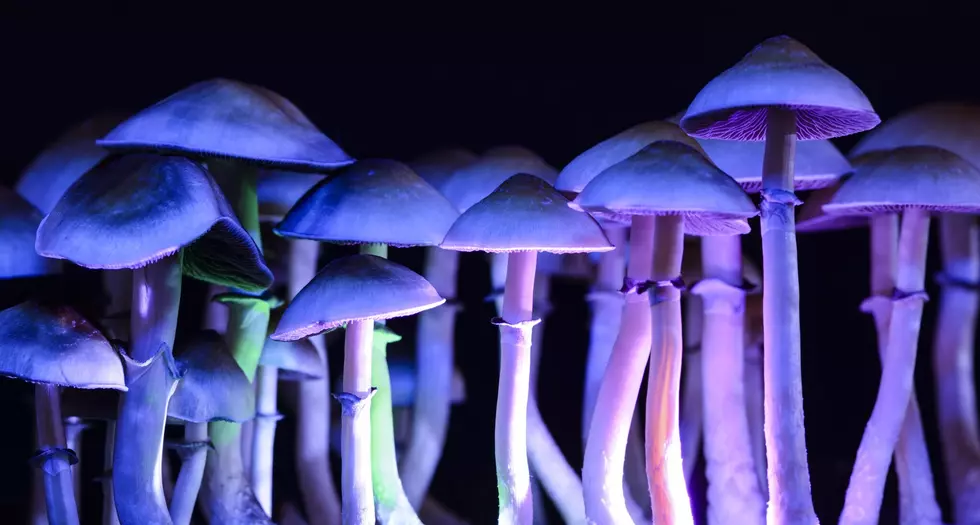
Ninth Circuit revives petition to give magic mushrooms Schedule II status
Hillel Aron
(CN) — A federal appeals court panel Friday revived a petition to reschedule magic mushrooms — mushrooms containing psilocybin, a hallucinogen — from Schedule I to Schedule II status.
In a terse five-page ruling, the three-judge panel called the Drug Enforcement Agency's denial letter "inadequate." The ruling forces the federal agency to either "clarify" its reasons for denying the petition or to "reevaluate" the petition "on an open record."
The petition to reschedule psilocybin was filed by Sunil Aggarwal, a physician based in Seattle, who wants to legally treat terminally ill cancer patients by giving them mushrooms.
Under the DEA's classification of controlled substances, Schedule I drugs, like heroin, LSD and, perhaps surprisingly, marijuana, are defined as having "no currently accepted medical use and a high potential for abuse."
Schedule II drugs are defined as having "a high potential for abuse," but having some medical benefits. They include drugs like Vicodin, fentanyl, methadone, cocaine and methamphetamine. A drug's schedule doesn't necessarily determine its legality, but is meant as more of a policy guide to inform lawmakers. The schedules also allow the DEA to limit the supply of a drug or regulate research of it.
In its denial letter to Aggarwal, the DEA wrote that the Food and Drug Administration had "not articulated any accepted medical use for psilocybin in treatment,” a prerequisite for moving substances out of Schedule I status. But, according to the Ninth Circuit panel, the law actually says that the drug must either have “a currently accepted medical use in treatment in the United States” or “a currently accepted medical use with severe restrictions.”
Federal agencies sometimes use a five-part test to determine whether a substance has medical uses. But the DEA's denial letter made no reference to the test.
"The DEA failed to explain why Aggarwal’s submission did not show that psilocybin met the five-part test," the opinion states. "Nor did the DEA’s letter explain its reasoning for any such conclusion."
U.S. Circuit Judge Sandra Ikuta, a George W. Bush appointee, and U.S. Circuit Judges Bridget Bade and Daniel Bress, both Donald Trump appointees comprised the panel.
Aggarwal's lawyer, Mathew Zorn said in an email that they were still reviewing the ruling.
Activists have been pushing to legalize magic mushrooms for years. Some argue that they could be used to treat depression, anxiety and PTSD. Others say they could help hospice patients better accept their mortality.
Two states, Oregon and Colorado, have decriminalized mushrooms and set up centers for people to take them in a supervised setting. A handful of cities, including San Francisco, California, Ann Arbor, Michigan, and the Washington have also decriminalized mushrooms, or ordered that arrests relating to the substance be deprioritized.
Aggarwal had also asked the Ninth Circuit to force the issue of psilocybin's possible medical benefit to be considered by the Department of Health and Human Services. But the panel decided not to address that request, "given the inadequacy of the DEA’s denial letter," the judges explained in a footnote.
